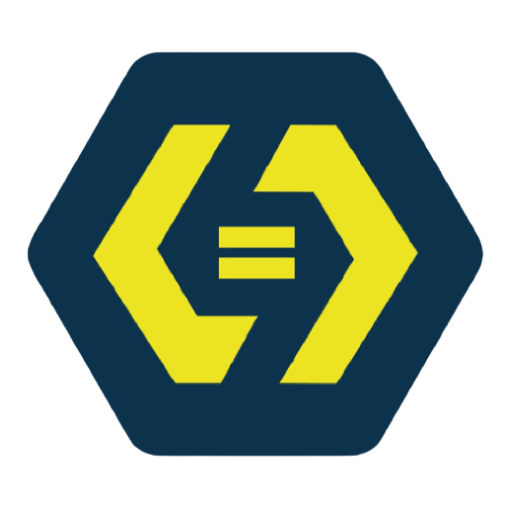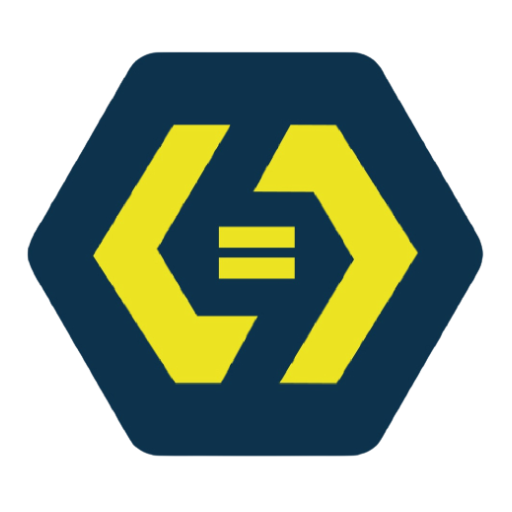Control flow statements allow you to alter the execution path of your PHP code based on specific conditions. They are essential for creating dynamic and interactive applications.
Conditional Statements
If…Else Statements
The if statement executes a block of code if a condition is true. The else statement provides an alternative block to execute if the condition is false.
$age = 25;
if ($age >= 18) {
echo "You are an adult.";
} else {
echo "You are a minor.";
}Switch Statement
The switch statement provides an alternative way to perform different actions based on different conditions.
$day = "Sunday";
switch ($day) {
case "Monday":
echo "It's Monday!";
break;
case "Tuesday":
echo "It's Tuesday!";
break;
case "Wednesday":
echo "It's Wednesday!";
break;
default:
echo "It's weekend!";
}Loop Statements
For Loop
The for loop is used to execute a block of code a specified number of times.
for ($i = 0; $i < 5; $i++) {
echo "The number is $i <br>";
}While Loop
The while loop executes a block of code as long as a specified condition is true.
$x = 1;
while ($x <= 5) {
echo "The number is $x <br>";
$x++;
}Do-While Loop
The do-while loop is similar to the while loop, but the condition is checked after the code is executed at least once.
$x = 1;
do {
echo "The number is $x <br>";
$x++;
} while ($x <= 5);By mastering control flow statements, you can create complex logic and decision-making processes in your PHP applications. In the next article, we’ll delve into PHP functions.

